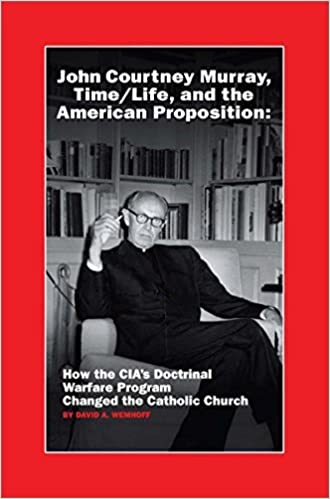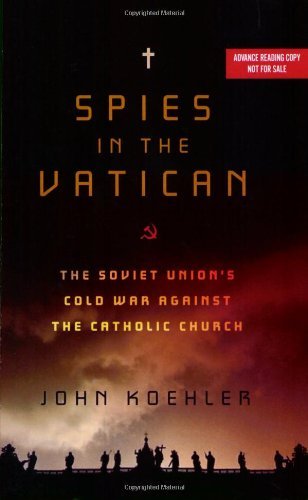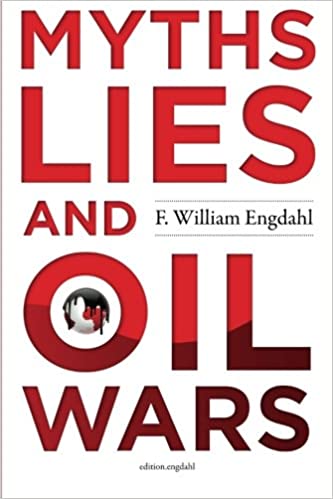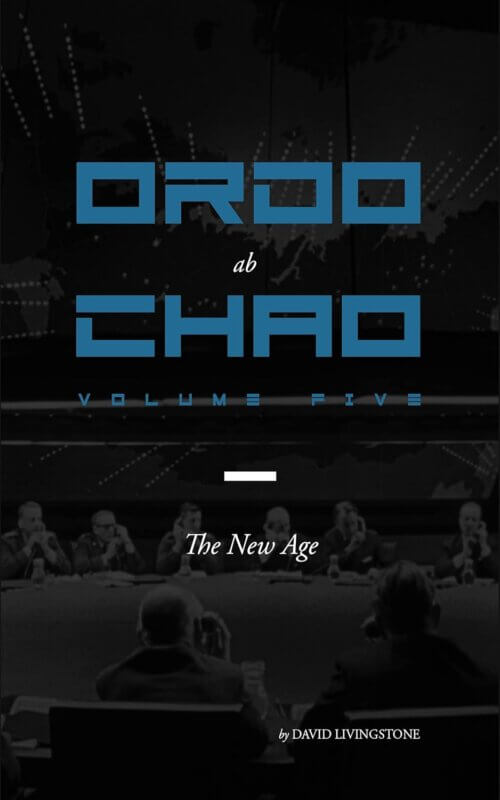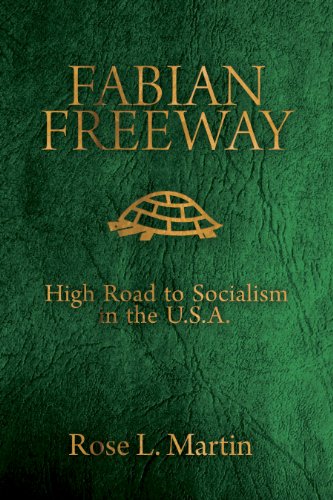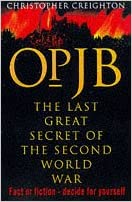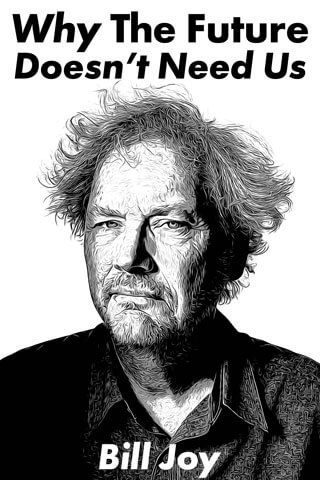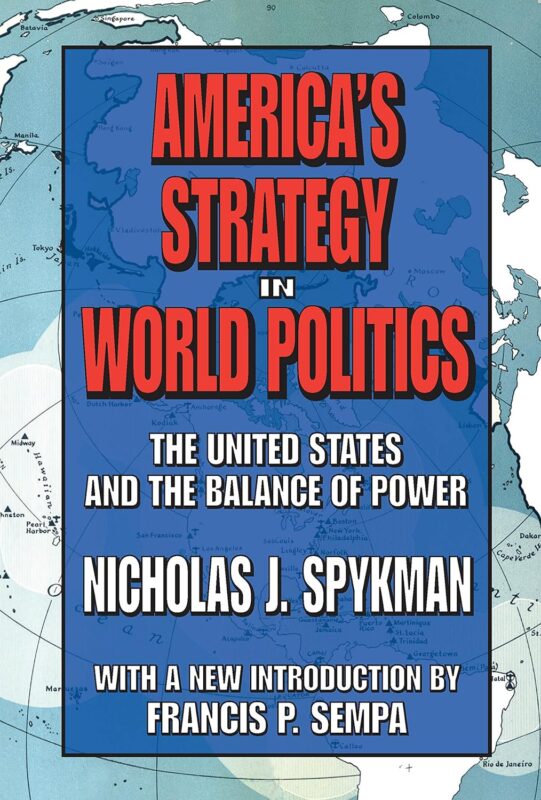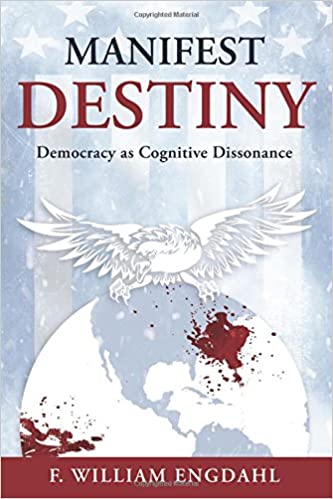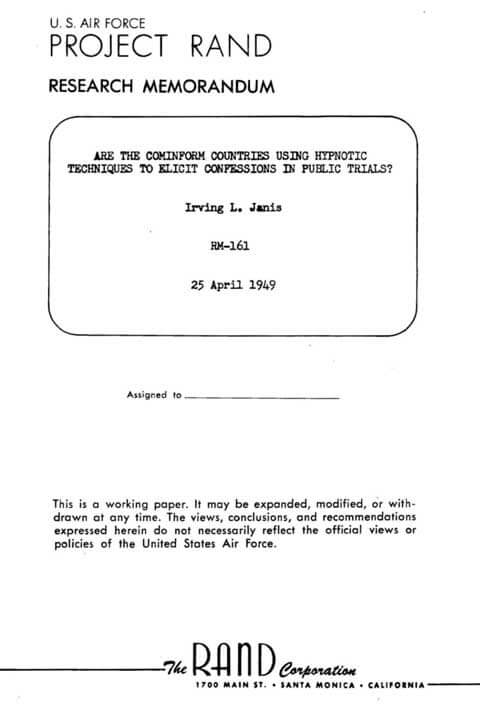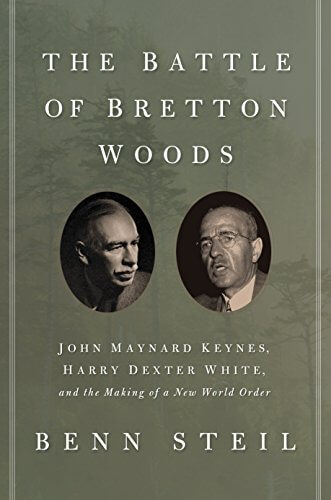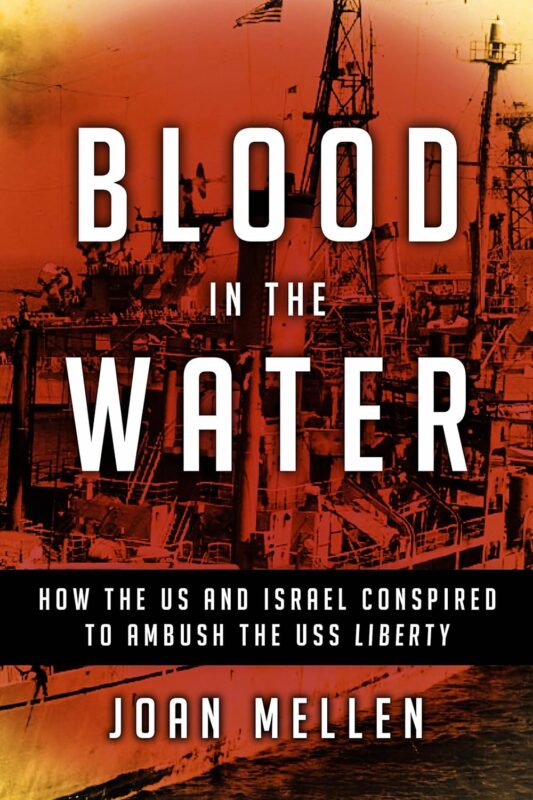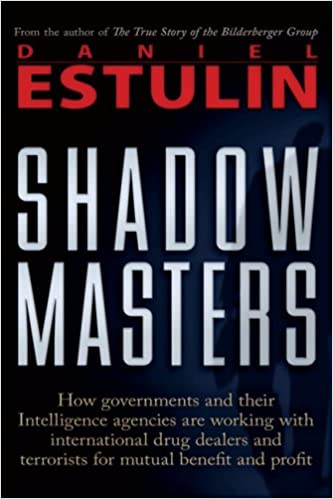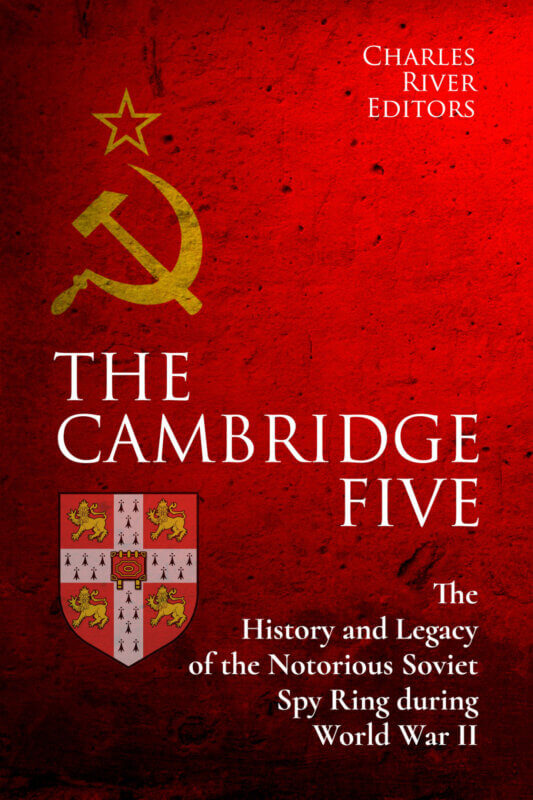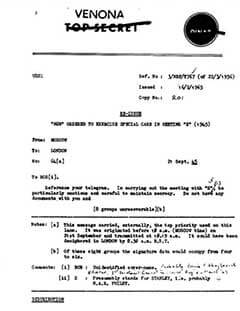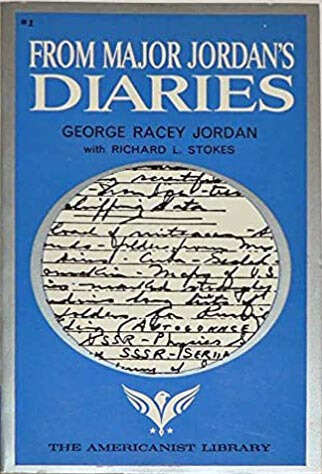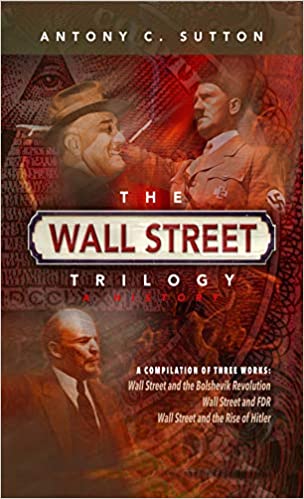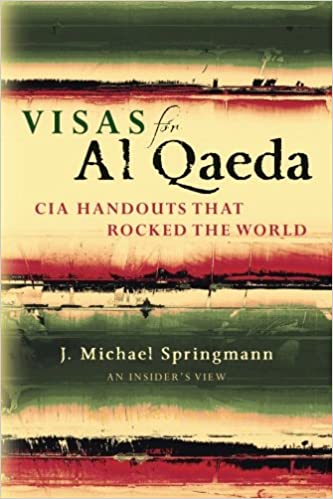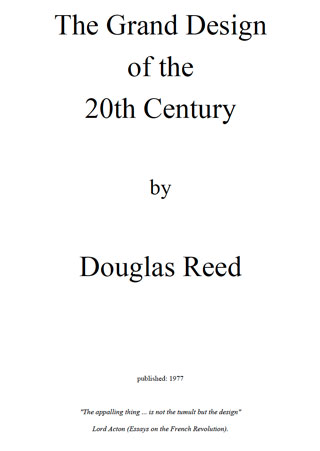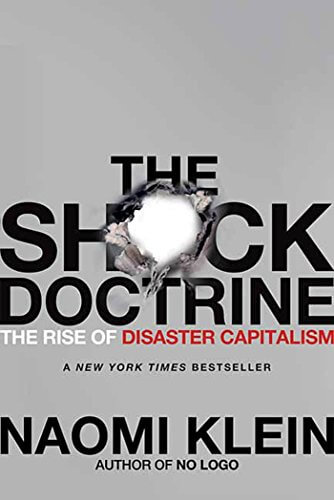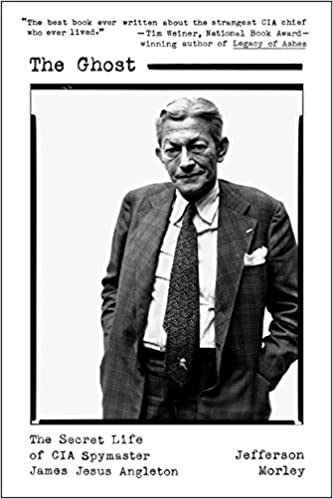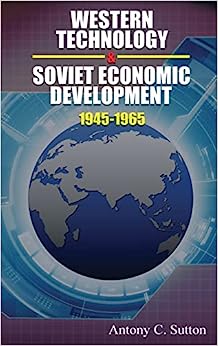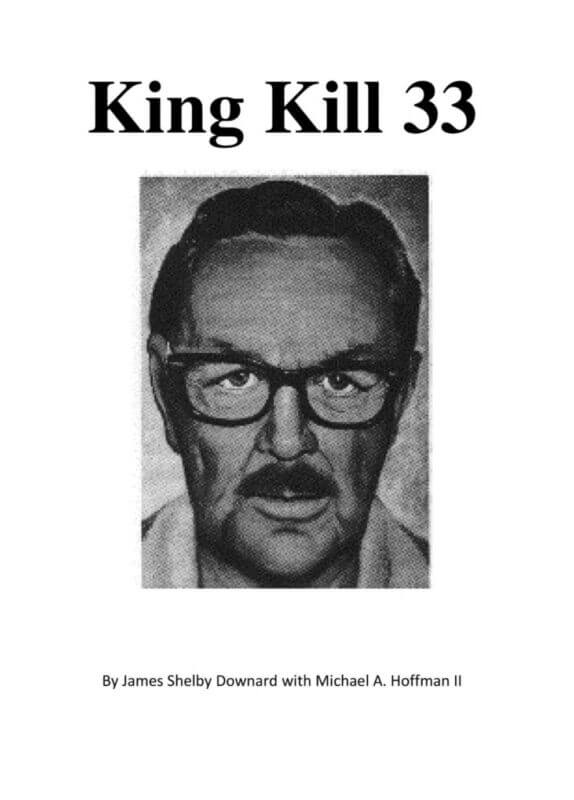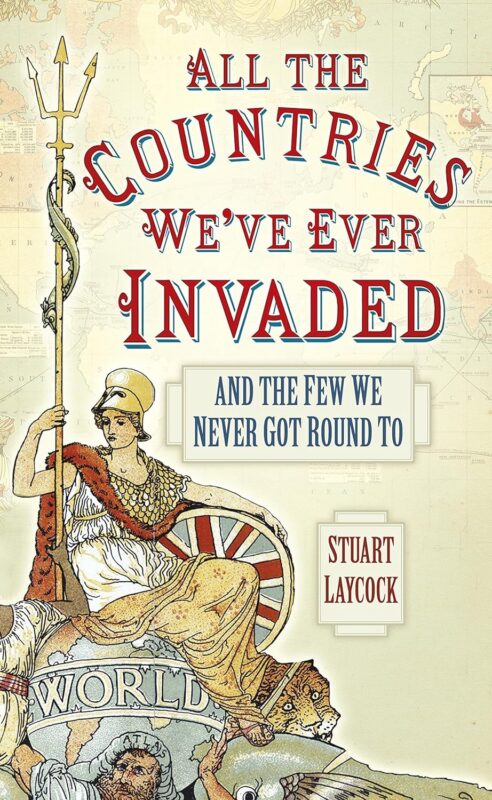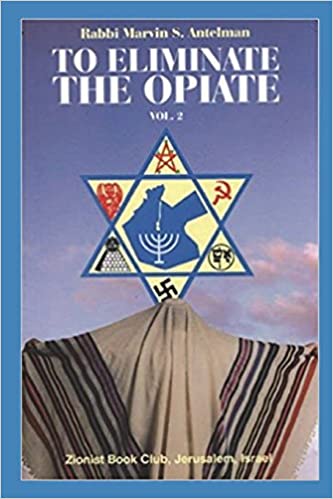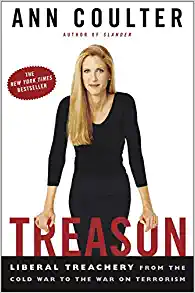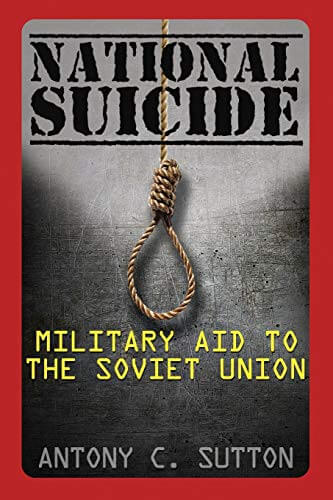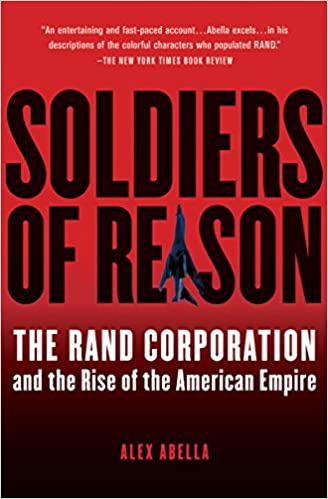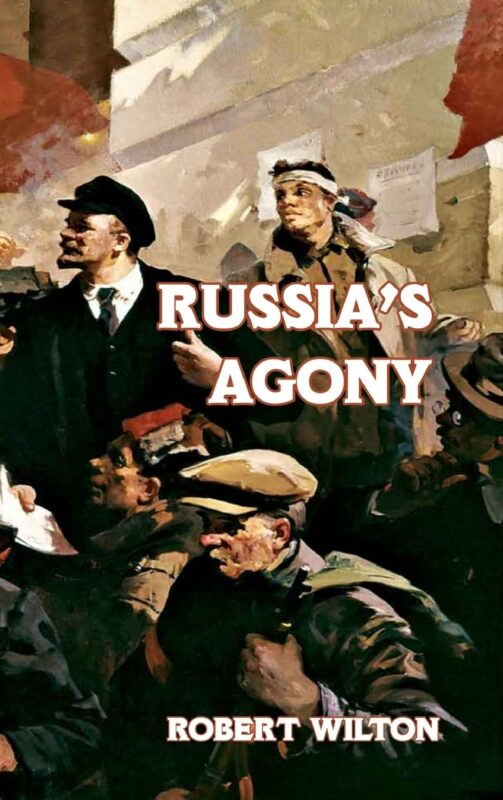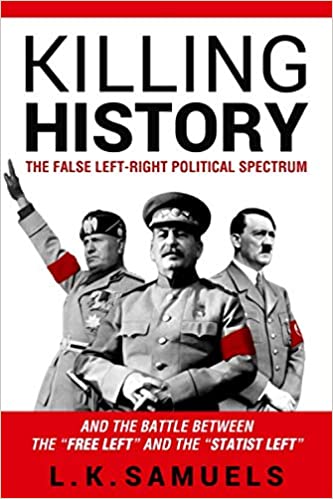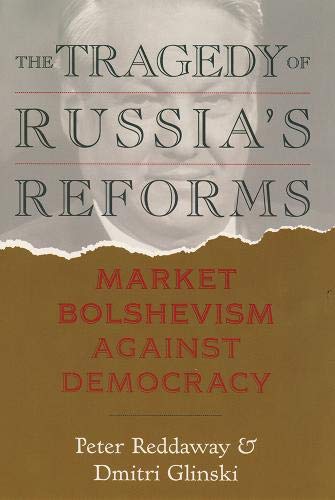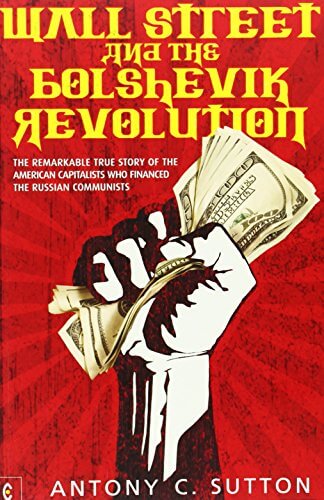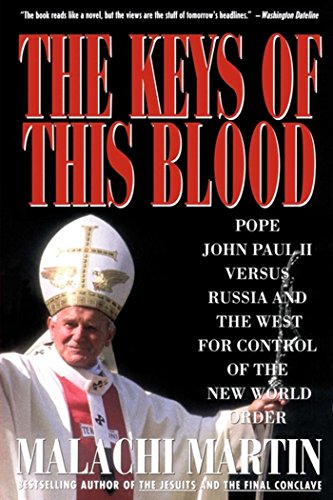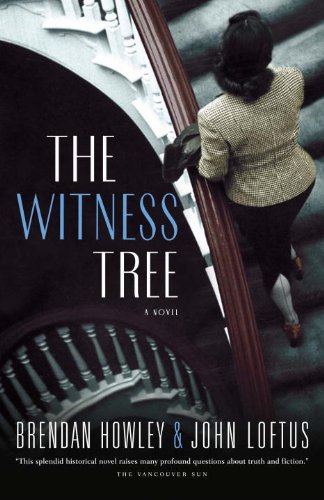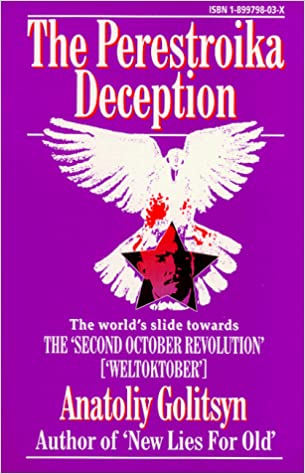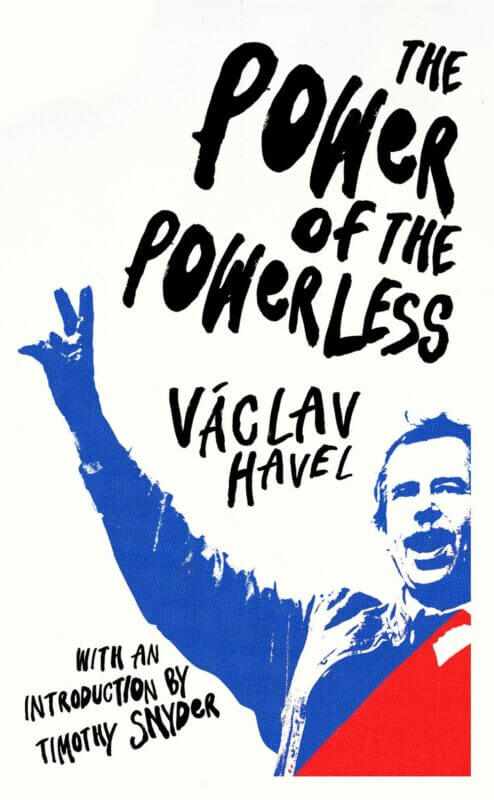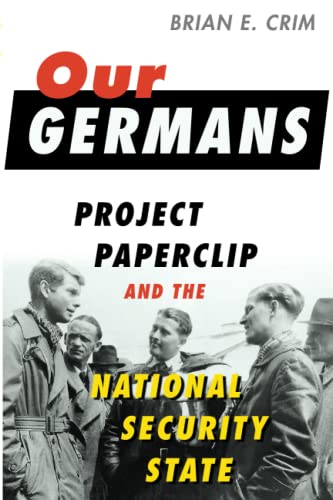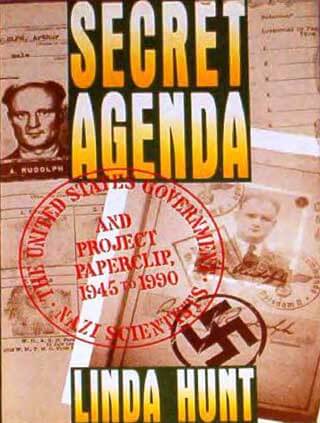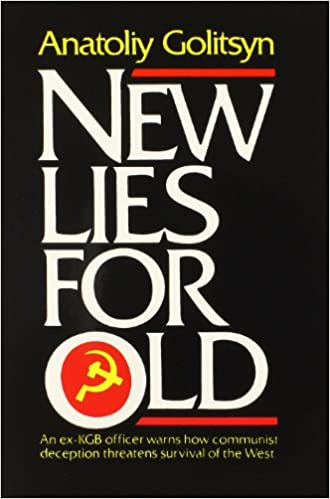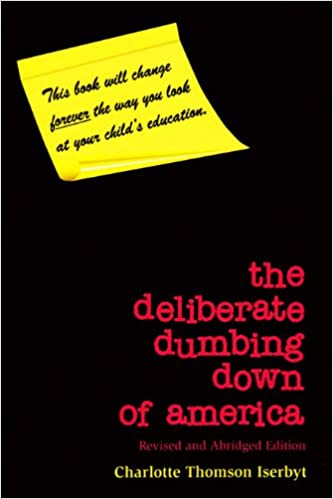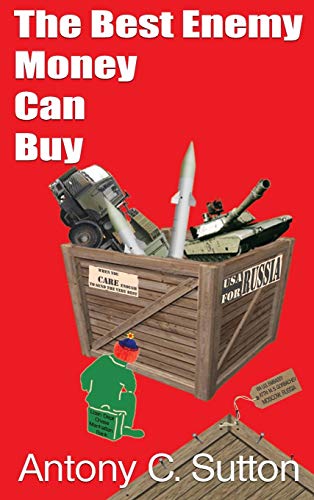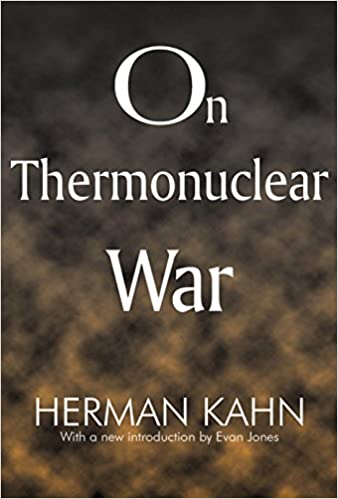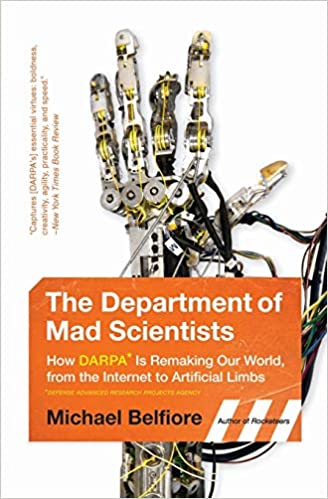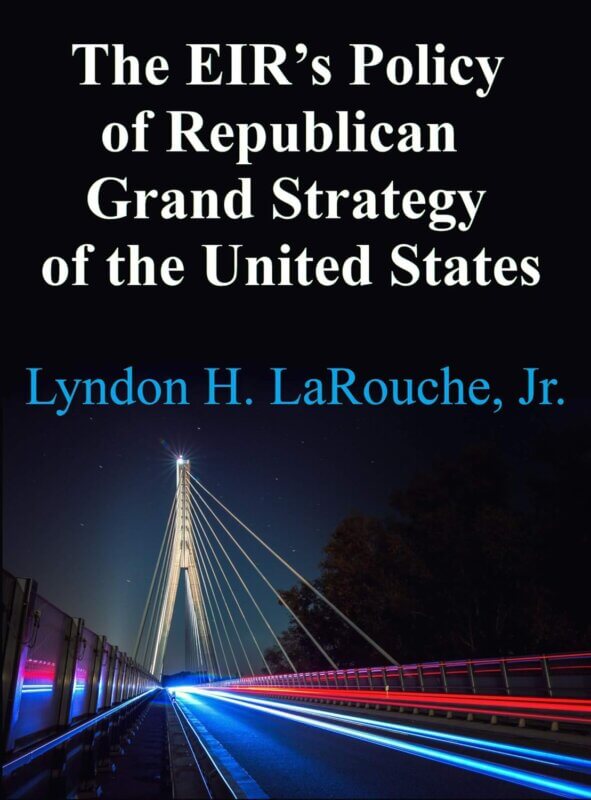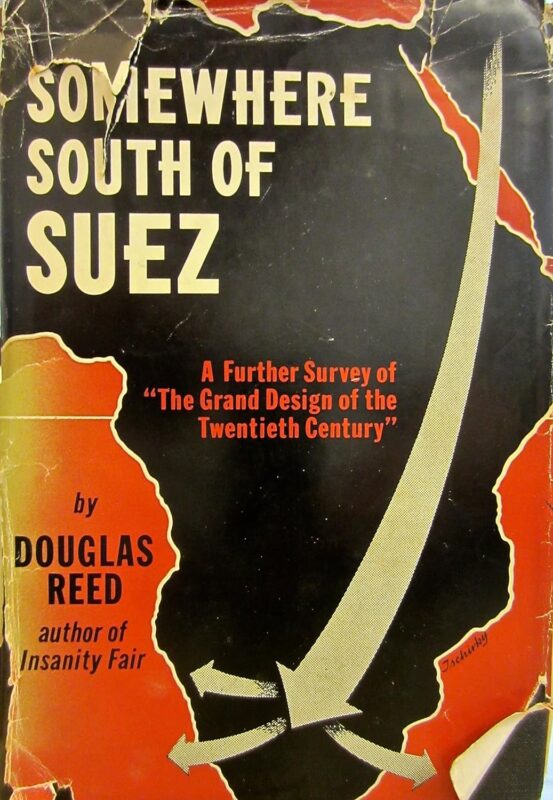
In "Somewhere South of Suez: A Further Survey of the Grand Design of the Twentieth Century," the author discusses his book and its focus on Africa's role in the world's ongoing drama as seen from the African angle. He believes that a group of dominant men in all countries have a plan to destroy nations and set up a world government, which he deems as evil. He also discusses the weakness of the white man in Africa and how that throws the continent open to disputes and uncertainties that can be made use of by others. The author also believes that Zionist Nationalism is a political movement organized in all countries that aims to bring all Jews under its thrall, just as Communism enslaved the Russians and National Socialism the Germans, and that it is as dangerous as both of those.
---
This book was written by an Englishman for British readers. I did not expect it to be published in America. I visited America for the first time after it was written in draft and only then fully realised how distant such places as Africa are from America and how unfamiliar American readers are with them. Now that the book is to appear in the United States I would like to add a word of explanation about the book’s subject, outlook and writer. Whether the masses of Americans desire it or not, their country is being drawn more and more into the vortex of world affairs in this century of the great destructions and (I hope) of the great readjustments to come. They might need to know more of the world in turmoil and I would be happy if this book gave them any useful information.
It was written in and concerns Africa and yet, as the reader will see, is primarily about the continuing world drama as seen from the African angle, for my especial experience leads me to relate all I see wherever I go to the central process of this century. This scarlet thread that runs through all affairs is, in my opinion, the plan, plot or conspiracy (the reader may choose his word) of a group of dominant men in all countries to destroy nations and set up on their ruins a world government, an ambition which I think evil. Africa, I found, is as much caught up in this supreme ambition of the Twentieth Century as America or Europe, so that it is no longer “Darkest Africa” in the sense of a continent remote from the central action of the play. The master-plan involves it along with the American Republic and the countries of Europe, nearly half of which have in the last decade been reduced to a darkness which would once have been called “African.” Africa is being and will be used in this century to set white man against white man in white countries, just as the Negro of the American South was used ninety years ago (and is still being used today) to further the schemes of third parties.
Africa is of itself, to me, the most fascinating continent, and I would envy a man whose means or calling enabled him to give his life entirely to the study of its countless peoples and its story. It contains almost every kind of national or tribal unit known to man. There are independent kingdoms like those of Egypt, which goes back to an ancient civilization of barbaric magnificence, and Abyssinia, on which an ancient tradition of Christianity sits as uncomfortably as the Emperors derby on his head. There are sultanates and emirates and, almost on the Equator, the sad reality of an American dream, the Negro Republic of Liberia. To Lincoln and other enlightened men this idea of a free territory for freed American slaves once seemed a solution to the problem which appears insoluble (save possibly by God, time and human goodwill), but it was not one. American Negroes never wanted to go there, any more than American Jews to Israel, and after 130 years the few American Negroes who did go there, with their American-model Constitution, President and two Houses, are swamped in an arrested, tribal mass.
Then there are British, French, Belgian, Spanish and Portuguese colonies; former German ones now administered by other powers; ‘Territories,’ Condominiums, Protectorates and what not more. All these differ in the degree of their dependence. Some of the British possessions might still be called Possessions, for they are ‘Crown Colonies’ still administered from London. Others cannot truly be so called for they are ‘Self-Governing Colonies like Southern Rhodesia, and are moving steadily towards independent Statehood.
Some are completely independent, and to these belongs the greatest single unit in Africa: the Union of South Africa, which (at its present stage) is a Dominion of the British Commonwealth of Nations. In America, I was surprised to find how little Americans know of the readjustments which have occurred in what was once called The British Empire. Some whom I met thought the Dominions were still Colonics, and one otherwise well-informed man asked me why England did not exploit its ‘Colonies’ to mend its financial troubles. In fact the remaining Colonies are often a financial burden, which cannot be cast off, but the Dominions are as free from British rule as the United States. Canada, Australia, New Zealand and South Africa are independent in all matters and in war could by vote of parliament remain neutral, fight with Britain, or even against Britain (in a supremely important matter at the United Nations all four did vote against Britain).
The remaining tie is solely one of the heart and mind, and perhaps for that reason is very strong. It is weakest in the case of South Africa, where die Afrikaners (who are of mixed Dutch- German-French Huguenot descent and of anti-British tradition) form a small majority of the population and intend when opportunity offers to proclaim a republic. Even they, however, hope to follow the example of Ireland and India and remain associated with the British Commonwealth.
I found in America a deep aversion to ‘Colonialism.’ I thought it unreasonable, for America must be the best example of successful colonialism in die world; the original landings and settlement and the later westward movement were Colonialism on the grand scale. However, I know from long experience in many countries that reasoned thought does not govern such feelings, which are emotionally bred. The weakness of the white man in Africa lies in the very fact that he has never landed, settled and colonized in sufficient numbers to make his future secure there, so that, as far as his posterity is concerned, a great question mark hangs over Africa today. The greatest source of this weakness lies in the finest land, South Africa itself, where the Afrikaners’ resolve to remain dominant causes them to oppose white immigration.
This is of importance far outside Africa, for it throws the continent open to disputes and uncertainties which can be made use of by others and could not exist if there were a large, firmly settled white population. It creates a situation ideal, particularly, for the Communists, who work incessantly to stir up hatreds between white man and white man and to embitter the black majority. Americans, from their memories or knowledge of the Civil War and the Reconstruction years, might be better able than others to understand this state of affairs. What threatens Africa, under some world authority aspiring to rule the globe, is something comparable with the Reconstruction period in the American South. The racial motif is kept boiling by men, far from Africa, who hope through its use to create such deep dissensions among white men that they can come to control a future World Government (of which the present United Nations organization is the foreshadow) and take over Africa.
The action of the dying President Roosevelt (apparently prompted by Mr. Alger Hiss and others) in agreeing that European countries, forcibly annexed by the Communist Empire, should be given separate votes in the councils of the United Nations, and treated there as if they were independent entities freely given to Communism, shows the possibilities that control of Africa would give in a World Government. The great “Plan” for Africa is one of a continent of Communist puppet-states; if Americans care to recall the carpetbagger-and-scallawag regimes in their own South they will have a fair picture of what is in preparation, on a greater scale. Thus Africa is becoming important for white men everywhere.
So much for the subject of this book. Its writer’s outlook calls for a further word of explanation. I have been roaming about the world, without much pause, since I sailed for France in 1914 and in that am like enough others of my generation. After that first installment of the Twentieth Century War, which I think now approaches its third and decisive stage, I needed to earn a livelihood and found work at a clerk’s desk in a newspaper office. I was later promoted to the writing staff and in the Nineteen Twenties became a foreign correspondent of the London Times, first in its Berlin Office and later all over Europe, from Warsaw to Moscow, Vienna to Prague, Athens to Sofia, Bucharest to Budapest and further afield.
Thus I became a writer by necessity and chance, not by any original impulse to set up a tub and myself as Sir Oracle on it. It was a fine calling and I loved it but in time it was spoiled for me by two things: the plain approach of a second war, which would ruin my pleasant existence, and the difficulty I found in reporting the blindingly obvious. In the Nineteen Thirties it was as hard for a newspaper-correspondent to tell his readers the facts about Hitler and National Socialism as it was in the Nineteen Forties to inform them of the truth about Stalin and Communism (in fact, it was made much harder in the second case). The obstructions were great and constant, and I now think them to have been all part of an organized process serving a definite purpose. So in 1938, just before the Second War began, I let off all this pent-up steam and said just what I thought about the coming war and the folks who were letting it happen in a book, Insanity Fair. This book had a wide circulation throughout the world and was published in America.
After that I gave up newspaper-journalism and became a journalist without a newspaper, simply saying in successive books what I thought any conscientious reporter would say in a press truly free. The British press was not free and I later found that the American press is not. Severe restraints are used from behind. For a period of years, when the information might have done good, it was not in fact possible fully to inform newspaper-readers about Hitler and National Socialism, and the result of that was the Second War. For several years after 1941, when the lack of information did much more harm, it was not possible fully to inform newspaper-readers about the Soviet State and Communism.
More important still, during all that period and to the present time, it was not possible freely to report or discuss a third vital matter: Zionist Nationalism. In this case the freedom of the press has become a fallacy during the past two decades. Newspaper-writers have become less and less free to express any criticism, or report any fact unfavourable to, this new ambition of the Twentieth Century. When I eventually went to America I found that this ban, for such it is in practice, prevailed even more rigidly there than in my own country.
Today an awakening is supposed to have occurred in the matter of Communism. During the most fateful and decisive years of the Second War, when the things were being done which obviously set the stage for a third one, it was in fact almost impossible for any independent writer to publish any reasonable criticism, supported by no matter what evidence, about Soviet Communism and its intentions. Now, when the damage is done, Communism is much attacked, but even so the mass of Communist writers who were planted in the American and British press during those years has by no means been displaced; and the attentive newspaper-reader in either country may see for himself how the most specious Communist sophistries are daily injected into the editorial arguments and the news-columns of newspapers professing the most respectable principles.
In the matter of Zionist Nationalism, which I hold to be allied in its roots to Soviet Communism, the ban is much more severe. In my own adult lifetime as a journalist, now covering thirty years, I have seen this secret ban grow from nothing into something approaching a law of Use majeste at some absolute court of the dark past. In daily usage, no American or British newspaper, apparently, now dares to print a line of1 news or comment unfavourable to the Zionist ambition; and under this thrall mat- ters are reported favourably or non-committally, if they are reported at all, which if they occurred elsewhere would be denounced with the most piteous cries of outraged morality. The inference to me is plain: the Zionist Nationalists are powerful enough to govern governments in the great countries of the remaining West!
I believe Zionist Nationalism to be a political movement, organized in all countries, which aims to bring all Jews under its thrall just as Communism enslaved the Russians and National Socialism the Germans. I hold it to be as dangerous as both of those, and when I recall the results that came of the subtle suppression of information in the cases of Stalinism and Hiderism, I judge that the consequences of this even more rigorous suppression will not be less grave.
I think it a cardinal error to identify ‘Jews’ with Zionist Nationalism, ‘Russians’ with Communism, or ‘Germans’ with National Socialism. I saw the enslavement of Germans and Russians and know different. I believe that the astonishingly powerful attempt to prevent any discussion of Zionist Nationalism by dismissing it as the expression of an aversion to Jews, as Jews, is merely meant to stop any public discussion of its objects, which seem to me to be as dangerous to Jew as to Gentile. Of the three groups which have appeared, like stormy petrels, to presage the tempests of our century, the Zionist Nationalists appear to me the most powerful. National Socialism, I think, was but a stooge or stalking horse for the pursuit of Communist aims. Communism is genuinely tigerish, and was strong enough to infest governments everywhere and distort the policies which were pursued behind the screen of military operations; but, if forced into a corner by the rising unease of their peoples, Western politicians are prepared in the last resort to turn against it.
But Zionist Nationalism! . . . That is a different matter. Today American Presidents and British Prime Ministers, and all their colleagues, watch it as anxiously as Muslim priests watch for the crescent moon on the eve of Ramadan, and bow to it as humbly as the faithful prostrating themselves in the mosque at Mecca. The thing was but a word unknown to the masses forty years ago; today Western politicians hardly dare take the seals of office without first, or immediately afterwards, making public obeisance towards this strange new ambition.
I believe, honestly and without antipathy to any, for I feel none, that this is the crowning ambition of our century; that it leads to the servile World State with its headquarters in the Middle East, and the Western nations subjugated. Where all else may be debated for and against, one startling and incontestable fact emerges from any examination of the two wars of this century: that the causes proclaimed at their start were dishonoured in the event or aftermath, and that in both cases Soviet Communism and Zionist Nationalism (never mentioned at the start) were at the end helped to territory and power. I see no reason why any third war should have a different result, unless that is prevented. If a third war followed the course of the second one, when military victories were used to bring about political defeats, it would be directed to bring about a further spread of of the Communist Empire and of the Zionist State, by force of ' others’ arms; or else the first would be overthrown merely to aggrandize the second.
That seems to me, judging from all I have seen in these thirty years, to be the Master Plan behind all the published “plans” and lists of points. In Insanity Fair I had not delved so far into these things. I began to in the next book, and apparently for this reason it was not published in the United States. A contract for its publication was tom up on sight of its contents. Since then my books, like the few others which make the same or a similar argument, have not appeared in America (save, in my case, for one novel).
For this reason I did not expect Somewhere South of Suez to reach American readers, but times change, if slowly, and those of them who care to read it are to have the chance. In it I have traced the further workings, during recent years, of the two forces which I think to be dominant in world affairs today; I found them powerful in Africa, too. The picture is one of a continuing process, well organized and skilfully directed, which goes on almost unseen by the newspaper-reading masses.
I hope I have not appeared to take it all too seriously, for I think that wrong. If the future of the whole white family is at stake, as I believe, and not separately merely that of Americans or Britishers or Germans or others, then at the worst they would be reduced to a status inferior to that of Asiatics through the deft imposition of a World Government on them through the third instalment of the Twentieth Century War. Well, then they would need to start all over again and fight their way back; to rid themselves of the carpetbaggers. I would prefer to see my own folk keep the place they have in the world, but if they do not, then such shifts of balance have happened in history before. It is all but an episode on the great screen of time, which stands still while we flicker by, and they might gain in God’s long run from having to fight hard again, not only with bazookas, but with their wits and spirit, which today are in pawn to the machine of mass- misinformation.
I hope these lines of explanation may be helpful to American readers and am happy through this book to meet some of them again after thirteen years. That gap, by the* way, has its own significance for the discerning reader in the United States. It shows him what he may not have suspected; that “freedom of publication” may be a term of limited meaning in free America.
Douglas Reed
Durban December 1950


